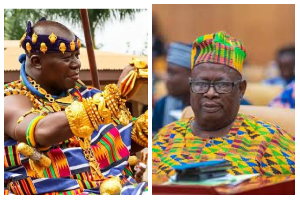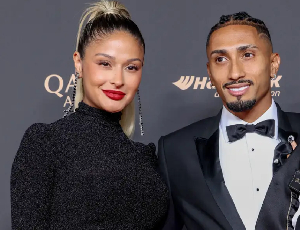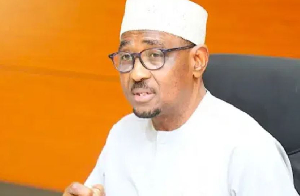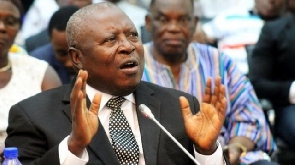Ghana – Steering off the Power Sharing and Unity Government Route
In anticipation of the Supreme Court petition decision on 29 August 2013, there have been calls by different individuals and groups on different platforms for a shift away from the “winner takes it all” politics that we currently practice to suggested alternatives like all inclusive, power sharing and possibly Unity government for the next three years and beyond.
The issue that immediately comes to mind after considering the suggested alternatives is what if after the next elections (2016), another unsatisfied political party goes to court and the current or a similar circumstance is repeated, would we be clamoring for another power sharing or unity government. Would election results not be continuously challenged to intentionally elicit possible power sharing and unity government by any party that lose future elections as the precedent would have been set. Would this arrangement not lead to scratch my back and I would scratch yours by our ruling political class? What would happen to our constitutional arrangement of multi party democracy where each party is elected on the strength of its own goodwill, capabilities and manifesto?
More critically, would power sharing and unity government not lead to a reduced competitiveness of our political parties and their ability to generate, administer and implement new ideas and solutions to our national and societal problems? After all the general excuse would read but all the major political parties participated in the government.
Whiles I wholeheartedly believe in the idea of all inclusive government and feel going forward, it should form part of each of our successive future governments through the invitation of experienced, knowledgeable and high achievers etc from other political parties to serve in the existing government, I believe we should not turn that into a structure of power sharing or unity government.
The laws of Ghana allows the petitioners or the respondents in the election petition to seek review of the impending decision, therefore the IEA, governmental agencies, the media and civil society groups on the fore front of our democratic experiment should be encouraging a party not satisfied with the initial Supreme Court decision to seek review rather than discouraging them and asking them to swallow their dissatisfaction.
We should learn to practice democracy to the fullest and allow our institutions to work rather than curtailing their functions and ability to affect fully our democratic growth. I believe if a party loses the initial decision and wins the appeal or vice versa, they would find some closure that they did win some and lose some or when they lose both, they may come to the conclusion that they probably did not have a case. I believe justice in these instances would have been better served rather than encouraging or insisting on them not to seek a review of the earlier decision.
The political tensions arising from the election petition existing currently and the tensions mostly experienced just before and after elections can be partly cured by an all inclusive political participation in governance by all Ghanaians from all political parties. However we should also be looking to implement long term solutions to the real issues confronting our conduct of political activities in Ghana.
Issues like funding of political parties, reducing the over concentration of the power of appointment and disappointment in the executive or presidency, encouraging restructuring of governmental agencies and institutions to deliver without political interference and considerations and lastly, I dare say, education of the citizenry to read in between all the party political gimmickry, promises, lies, propaganda, selfish machinations etc and elect leaders who will, can and have the capacity to advance the interest of the citizenry and Ghana as a whole.
We should not lose sight of the fact that we need opposition parties in the life of every political government to help implement the check and balance mechanism of our national political governance. Therefore power sharing or unity government would not be the best political arrangement that would currently and in the long term advance the overall interest of Ghana.
The call for peace in Ghana after the Supreme Court judgment has currently hit overdrive with some suggesting the passports of political parties leaders should be deposited with the Supreme Court or police. In places like Sekeyere Afram Plains district in the Ashanti region, the selling and drinking of alcoholic beverages immediately after the Supreme Court decision has been banned. I would like to state categorically that these suggestions and actions are undemocratic and does not enhance our democratic image and experience. Whilst the peace and unity of Ghana is paramount, we should not be seen to be using undemocratic means to achieve it.
Whilst the preparation by the security agencies to contain any semblance of disturbance and many initiatives of civil society groups are encouraging and welcomed, the tenets of a free society or democracy should be seen to be encouraged and not suppressed for fear of non democratic acts.
To conclude, I join all Ghanaians to prey all the parties to the election petition to respect and abide by the ruling of the Supreme Court Judges on 29 August 2013 and beyond, we also at the same time expect the Supreme Court Judges to deliver nothing less or more than a fair, firm and a well reasoned judgment based on the constitution and laws of Ghana. God bless Ghana, and long shall her peace and unity reign.
By Samuel Asiedu Ampofo
Opinions of Wednesday, 28 August 2013
Columnist: Ampofo, Samuel Asiedu














